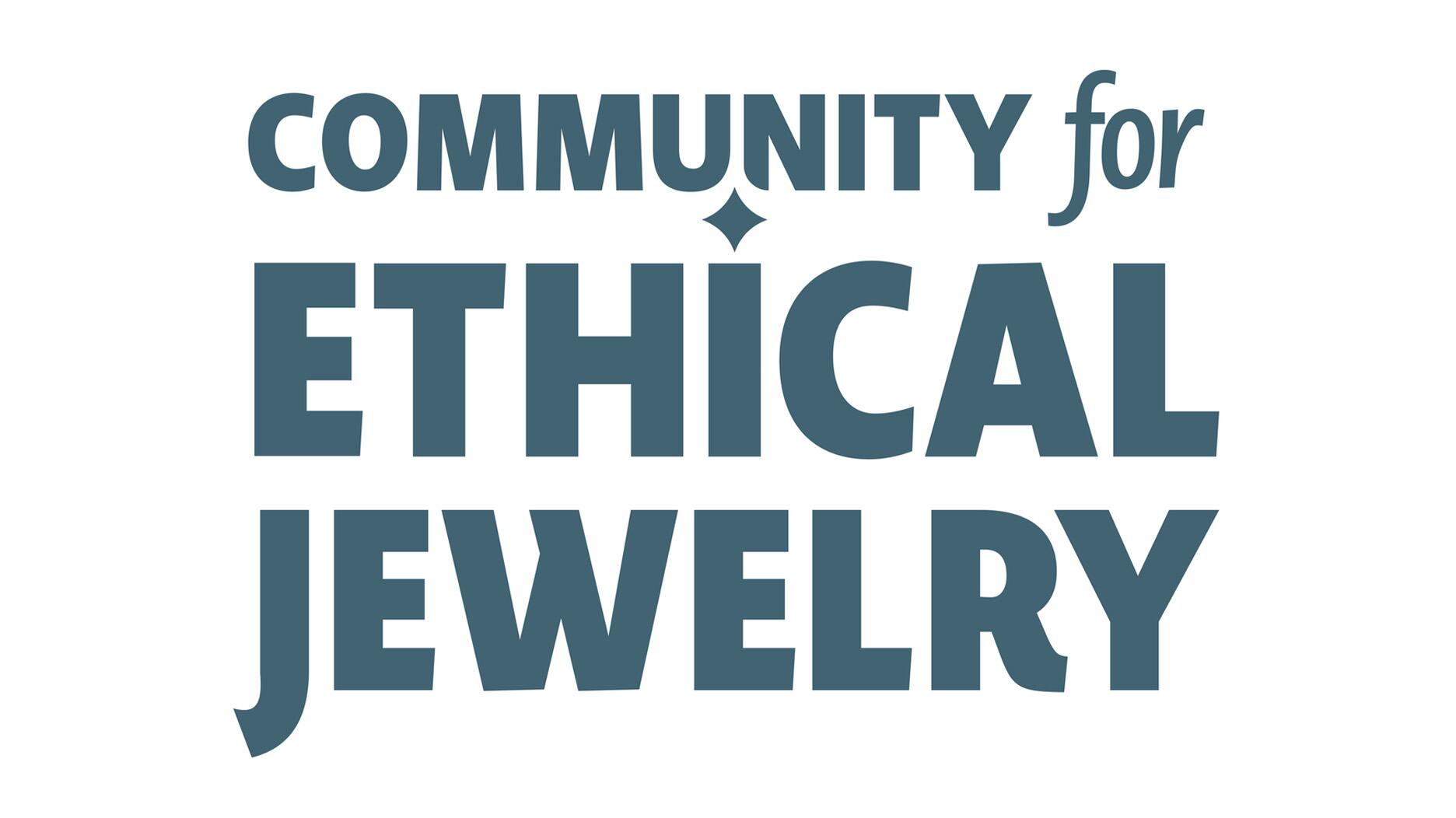Diamond Companies Sanctioned, Dealer Charged With Money Laundering
Officials allege a “complex network” of entities helped Nazem Said Ahmad deal in diamonds and artwork in the U.S. despite being sanctioned.

Announced Tuesday, the sanctions encompass 52 individuals and companies OFAC said helped Nazem Said Ahmad evade U.S. sanctions and launder money in order to fund Hezbollah and his “luxurious lifestyle.”
Lebanon-based Hezbollah, also spelled Hizballah, is an Iran-backed political party and militant group believed to be responsible for numerous terrorist attacks.
It has been designated by the U.S. as a Foreign Terrorist Organization since 1997, and a Specially Designated Global Terrorist since October 2001.
Ahmad, a diamond and art dealer with both Lebanese and Belgian citizenship, has been on OFAC’s Specially Designated Nationals list since December 2019 for allegedly laundering money and evading taxes.
The 52 entities designated in this latest round of sanctions—which OFAC described as a “complex network” of Ahmad’s family members, business associates and companies spread across eight countries—used shell companies and fraudulent schemes to disguise the sanctioned Ahmad’s role in financial transactions involving diamonds and works of art, which he frequently shares on his Instagram page.
OFAC said Ahmad’s network took advantage of the “permissive nature” of the global diamond, gemstone, and art markets to buy and move around luxury goods.
It also mentioned the Kimberley Process specifically, noting that Ahmad’s network allegedly coerced both “witting and unwitting” participants into creating fake KP certificates to manipulate diamond prices and taxes and make their businesses look legitimate.
The full list of sanctioned companies and individuals is available on the OFAC website and includes diamond companies based in South Africa, the Democratic Republic of Congo, Antwerp, and Dubai.
The sanctions bar people and companies in the U.S. from doing business with any of the named entities as well as any entities that are owned, directly or indirectly, 50 percent or more by one or more blocked persons.
In an alert sent to members Thursday afternoon, Jewelers Vigilance Committee CEO and General Counsel Tiffany Stevens and Deputy General Counsel Sara Yood recommended U.S. businesses with automated OFAC software run their customer and supplier lists through their software program to ensure they’re not doing business with any sanctioned entities.
For companies doing manual checks, Stevens and Yood said they should cross-check the OFAC list against their lists of suppliers and customers.
Businesses without compliant anti-money laundering (AML) programs can find more information about implementing one on the JVC website.
The Treasury Department announced the sanctions the same day federal prosecutors in Brooklyn, New York, unsealed an indictment charging Ahmad and eight others with orchestrating a “long-standing” scheme to evade U.S. sanctions, defraud the U.S. and foreign governments, and launder money.
According to the 50-plus-page indictment, filed under seal March 29, after the U.S. sanctioned Ahmad in December 2019, entities controlled by him or operating for his benefit made more than $400 million in financial transactions, importing $207 million worth of goods into the U.S. and exporting more than $234 million, all the while hiding the fact that Ahmad was involved.
Those imports and exports consisted primarily of diamonds and artwork, the indictment states.
For diamonds specifically, the indictment noted the defendants worked together to utilize grading services from a U.S.-based diamond grading company, identified in court documents only as “Diamond Grading Company-1” with a facility in New York.
The services were secured through multiple entities operating for Ahmad’s benefit and were valuable to all parties because the “cut, color and clarity grades assigned by the company, as well as the certification of the stone’s carat weight, affected the price at which a diamond could be sold.”
All told, the defendants and other conspirators submitted 482 diamonds to the lab after Ahmad was sanctioned in December 2019, totaling about 1,546 carats with a value of more than $91 million, the indictment states.
The U.S. Attorney’s Office for the Eastern District of New York is handling the prosecution, as goods were shipped in and out of New York’s John F. Kennedy Airport in Queens.
As of Tuesday, the office said one person had been arrested in connection with the scheme—The New York Times reported it was Ahmad’s accountant, who was arrested in Britain—while the others, including Ahmad, reside outside the U.S. and remain at large.
The Latest

Smith encourages salespeople to ask customers questions that elicit the release of oxytocin, the brain’s “feel-good” chemical.
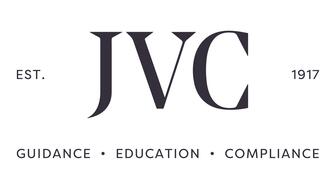
JVC also announced the election of five new board members.
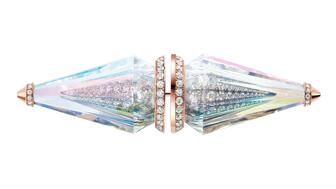
The brooch, our Piece of the Week, shows the chromatic spectrum through a holographic coating on rock crystal.
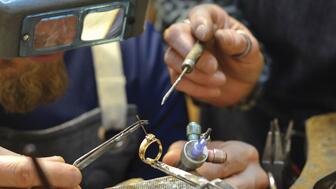
Launched in 2023, the program will help the passing of knowledge between generations and alleviate the shortage of bench jewelers.

Raised in an orphanage, Bailey was 18 when she met her husband, Clyde. They opened their North Carolina jewelry store in 1948.


Material Good is celebrating its 10th anniversary as it opens its new store in the Back Bay neighborhood of Boston.
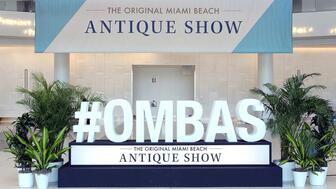
The show will be held March 26-30 at the Miami Beach Convention Center.

Criminals are using cell jammers to disable alarms, but new technology like JamAlert™ can stop them.
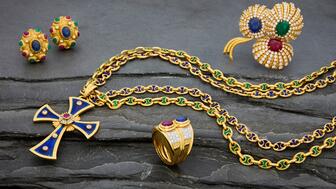
The estate of the model, philanthropist, and ex-wife of Johnny Carson has signed statement jewels up for sale at John Moran Auctioneers.

Are arm bands poised to make a comeback? Has red-carpet jewelry become boring? Find out on the second episode of the “My Next Question” podcast.
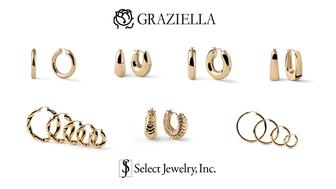
It will lead distribution in North America for Graziella Braccialini's new gold pieces, which it said are 50 percent lighter.
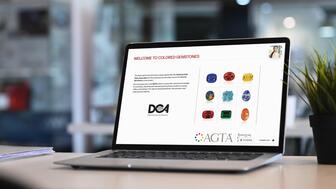
The nonprofit will present a live, two-hour introductory course on building confidence when selling colored gemstones.
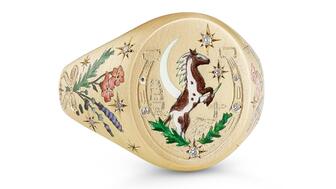
Western wear continues to trend in the Year of the Fire Horse and along with it, horse and horseshoe motifs in jewelry.
![A peridot [left] and sapphires from Tanzania from Anza Gems, a wholesaler that partners with artisanal mining communities in East Africa Anza gems](https://uploads.nationaljeweler.com/uploads/cdd3962e9427ff45f69b31e06baf830d.jpg)
Although the market is robust, tariffs and precious metal prices are impacting the industry, Stuart Robertson and Brecken Branstrator said.

Rossman, who advised GIA for more than 50 years, is remembered for his passion and dedication to the field of gemology.
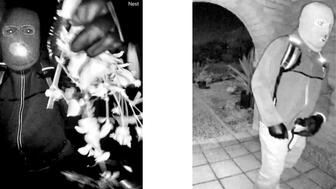
Guthrie, the mother of “Today” show host Savannah Guthrie, was abducted just as the Tucson gem shows were starting.

Butterfield Jewelers in Albuquerque, New Mexico, is preparing to close as members of the Butterfield family head into retirement.
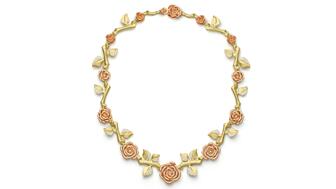
Paul Morelli’s “Rosebud” necklace, our Piece of the Week, uses 18-karat rose, green, and white gold to turn the symbol of love into jewelry.

The nonprofit has welcomed four new grantees for 2026.

Parent company Saks Global is also closing nearly all Saks Off 5th locations, a Neiman Marcus store, and 14 personal styling suites.
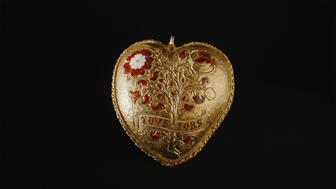
It is believed the 24-karat heart-shaped enameled pendant was made for an event marking the betrothal of Princess Mary in 1518.
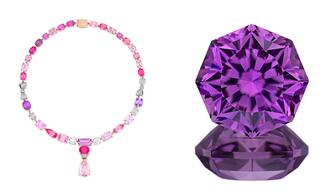
The AGTA Spectrum and Cutting Edge “Buyer’s Choice” award winners were announced at the Spectrum Awards Gala last week.
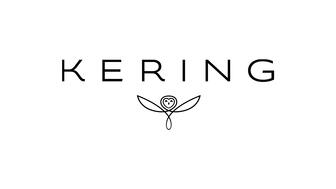
The “Kering Generation Award x Jewelry” returns for its second year with “Second Chance, First Choice” as its theme.
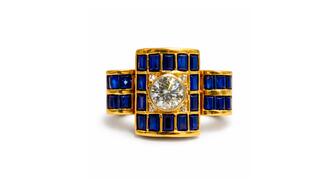
Sourced by For Future Reference Vintage, the yellow gold ring has a round center stone surrounded by step-cut sapphires.
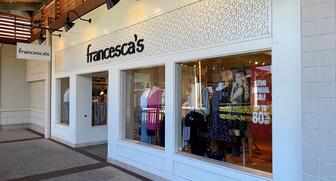
The clothing and accessories chain announced last month it would be closing all of its stores.

The “Zales x Sweethearts” collection features three mystery heart charms engraved with classic sayings seen on the Valentine’s Day candies.

The event will include panel discussions, hands-on demonstrations of new digital manufacturing tools, and a jewelry design contest.













